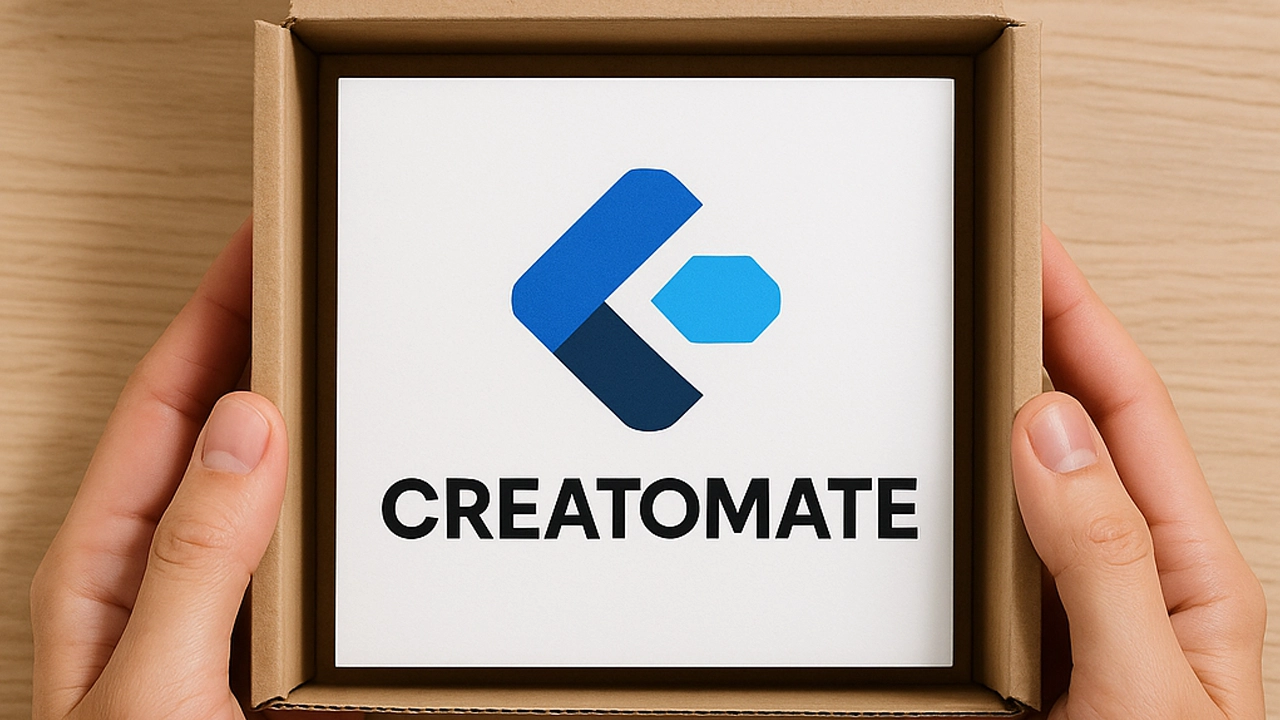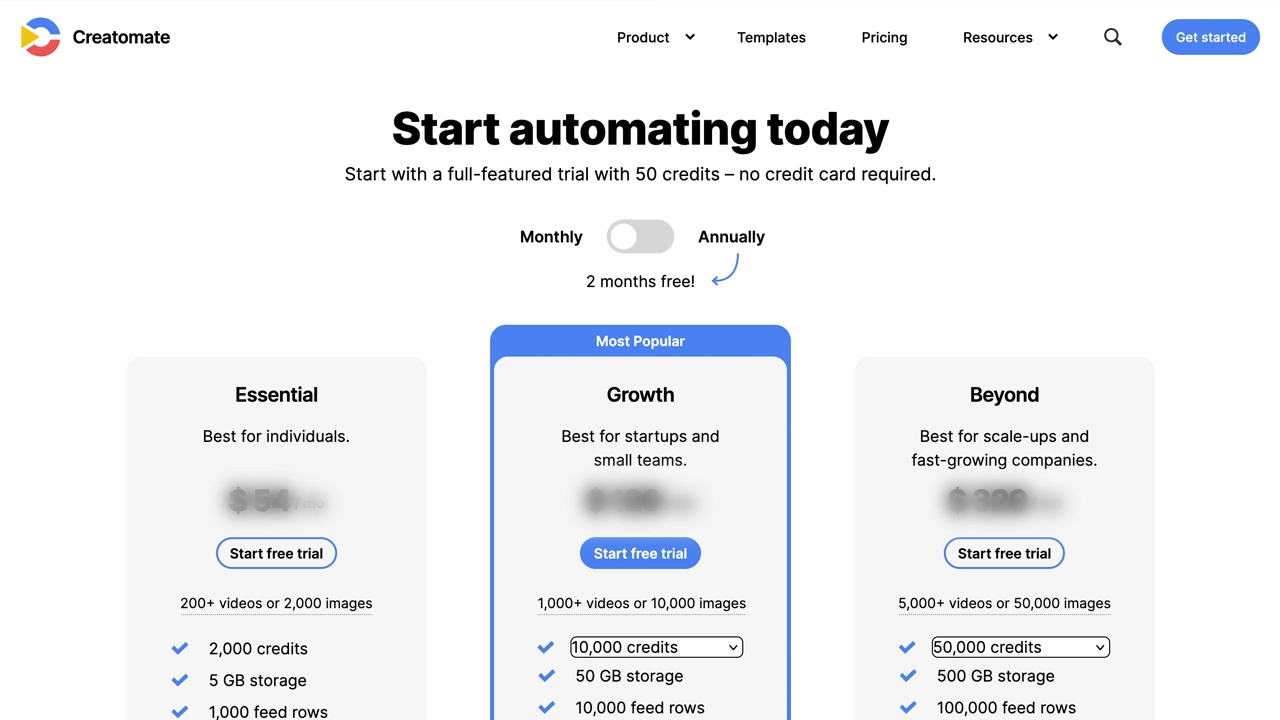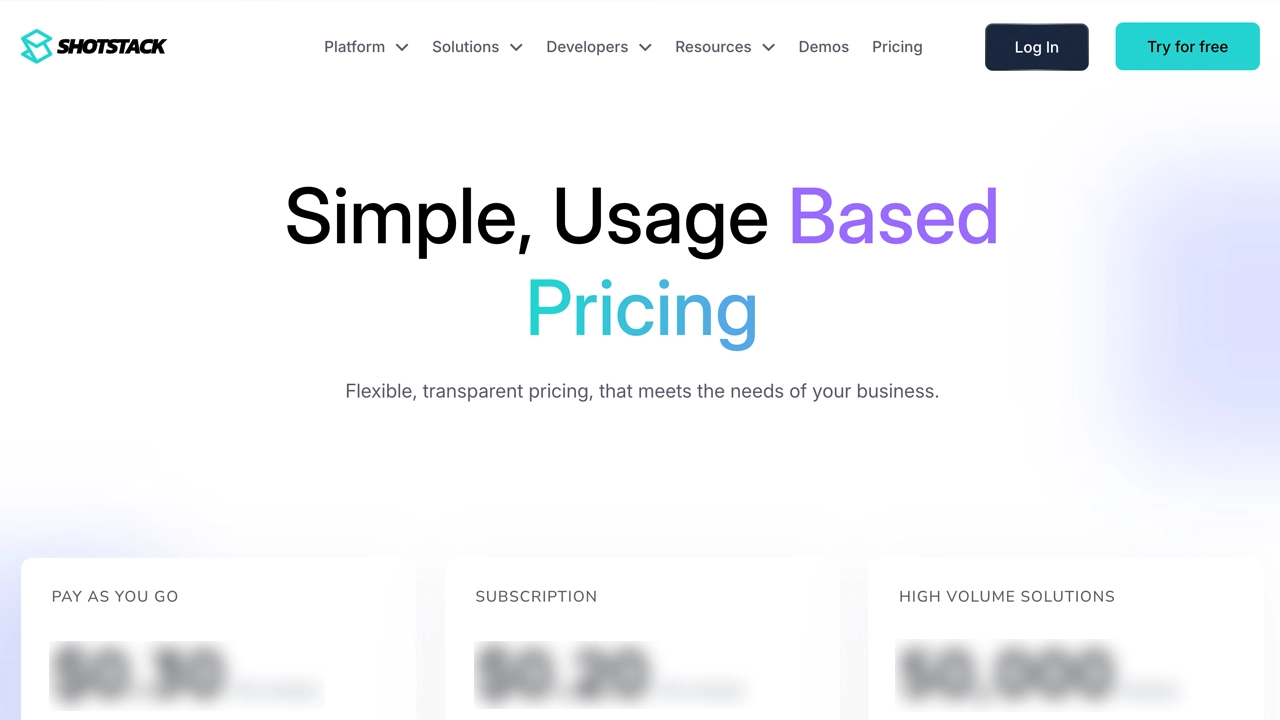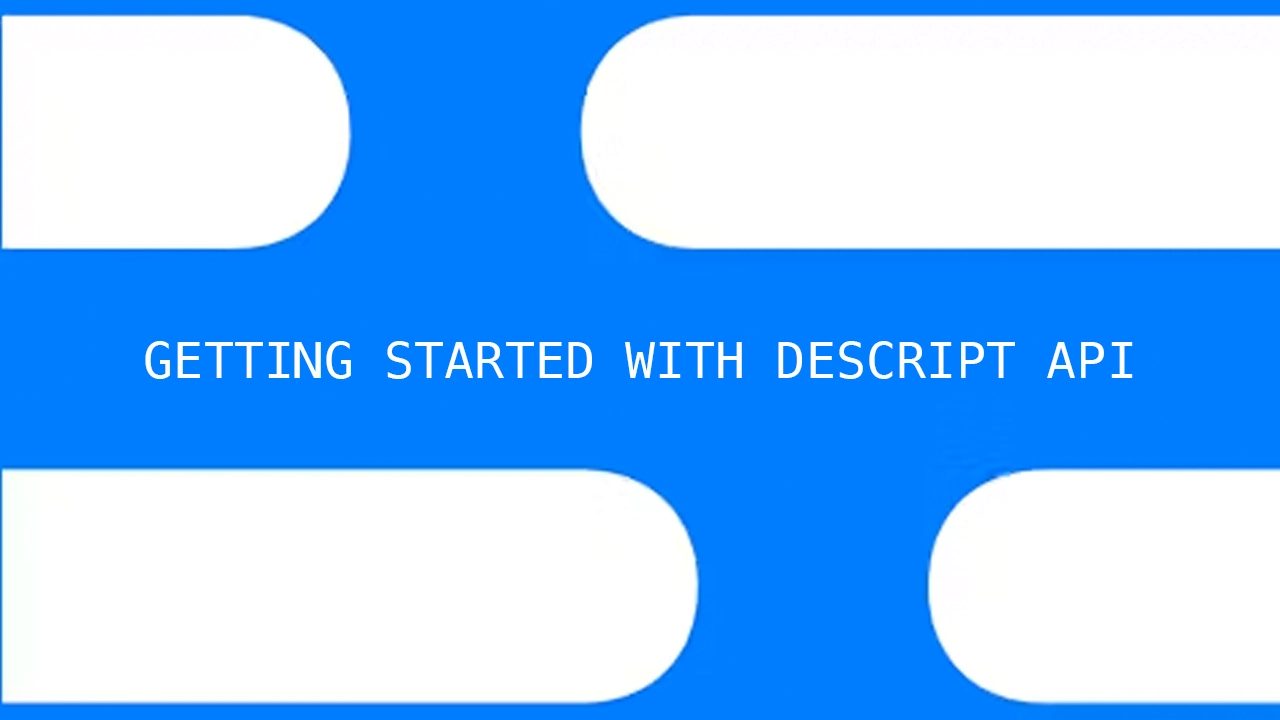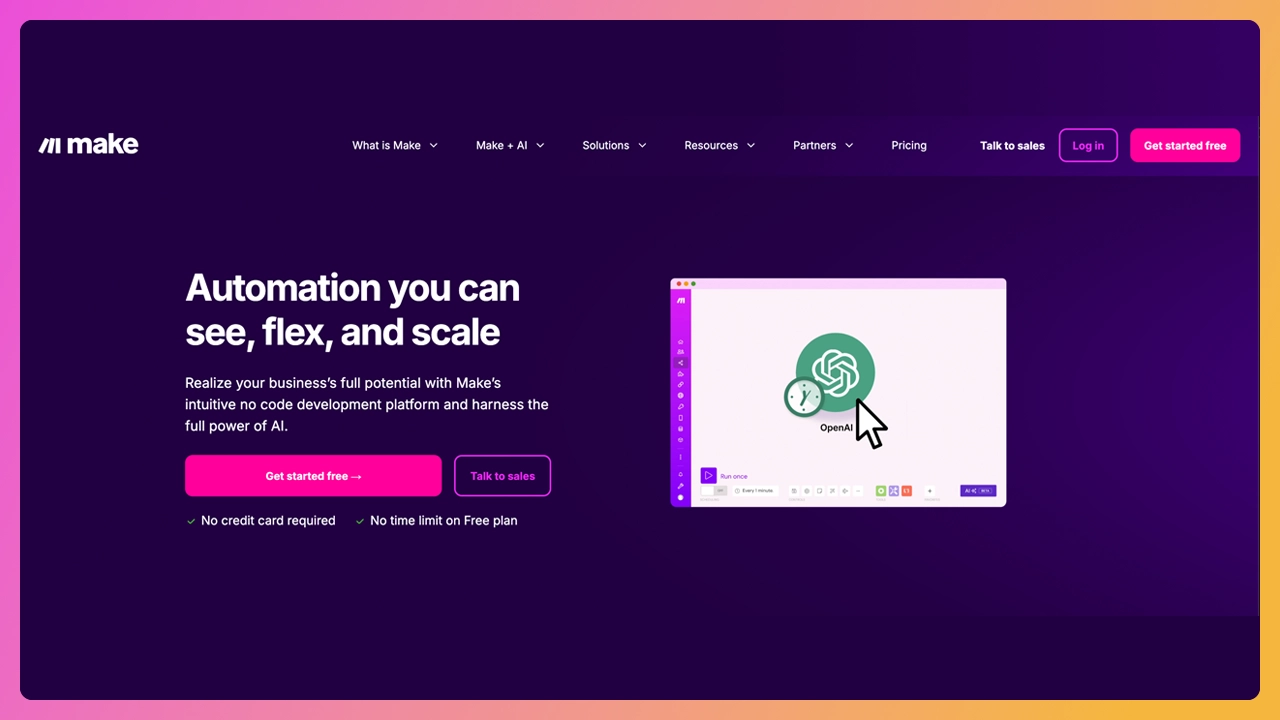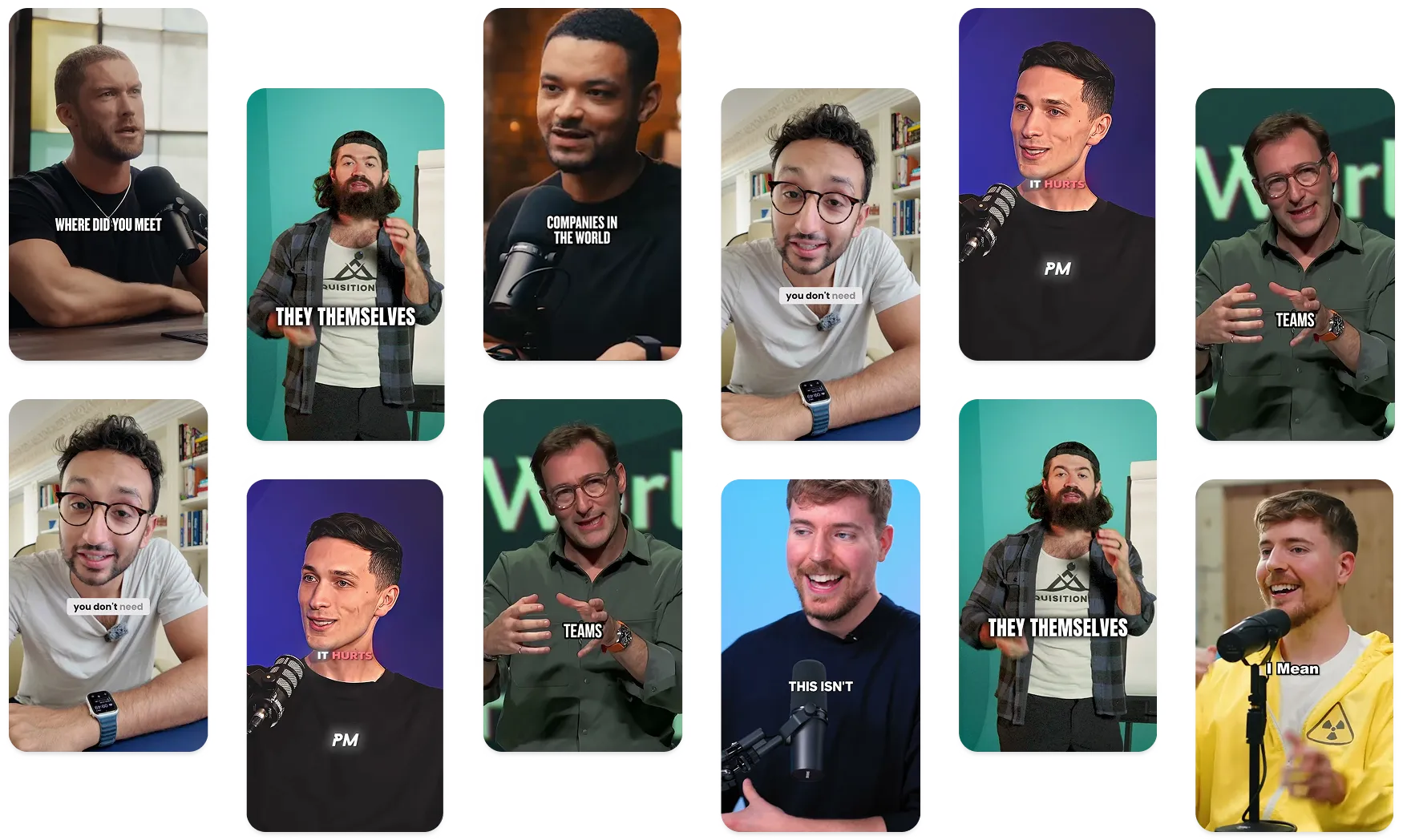So, does Opus Clips have an API or not?
Short answer: Yes, Opus Clip has an API. But it's in closed beta and available only to high-volume clients, for now. Here’s the real scoop.
Automation nation: why creators asked for it
I'm a podcaster just like Joe Rogan minus the millions of views in minutes and the team of editors. And perhaps even minus the biceps. But, the process of taking a podcast from recording to a published product is almost similar - no matter the size of your podcast audience.
Sure, some might have teams, but the process remains the same: Record, edit, publish. And this takes time. This is where APIs and AI agents can step in and bring automation to the big players and the players with hopes, dreams, and gumption to become big players. Talking to you and me, my guy.
So what does this have to do with Opus Clips and their API?
Let's get to it. Opus Pro does have an API and it's in its infant stage, or closed beta. In this stage, it's offered only to select high-volume clientele.
I imagine they are trying to figure out how it can work, the stability, the pricing, and the real benefit of such a product. Which is a wise way to approach a new and untested market. So yeah, they have an API but probably not for you. Unless your name has some clout or if you promise to be a high volume user.
What the Opus Clip API actually does
The Opus Clip API lets you automate the uploading of videos, trigger clip generation, and get status updates and download links—all via code. You can integrate it into your existing workflow, your CMS, or even your Notion docs (if you’re that kind of nerd, no judgment).
Specifically, the Opus Clip API supports:
- Uploading video files
- Requesting magic clip generation
- Checking job status
- Getting URLs for your clips
You’ll need an API key, which you can generate from your Opus Clip dashboard. Requests are authenticated using standard Bearer tokens, and the endpoints follow a RESTful design—so if you’ve ever used any modern API, this won’t feel like learning Sanskrit.
Wait, how do you get access?
You don’t need to be besties with a developer. Anyone with an Opus Clip account can use the API. Just head to their API overview, grab your key, and check out the API request docs.
The process is well-documented, and their endpoints are stable. There are even folks on Reddit saying it took them less than 30 minutes to set up a simple automation from Google Drive to Opus and back.
Why this matters for scaling your video content
This API isn’t just about saving a few clicks. It’s about scaling.
If you’re managing content at scale—for clients, for multiple channels, or for a content engine that never sleeps—APIs let you remove bottlenecks. You can automatically ingest longform content, generate viral-ready clips, and push them to your editing queue or social scheduler. No manual steps. Just content flowing like coffee at 2 am before a launch.
For creators using Magic Clips or subtitle generators, imagine combining tools like Submagic and Opus to run a fully automated longform-to-shortform machine.
A better API & integrations for creators
Here at Submagic, we're all creators, with creator pains & problems and we're building tools to help solve those problems for people like you and me. Submagic has also launched an API in closed beta but we're taking a different approach.
We realise that there are hardcore developers working on video teams and there are agency owners and just video editors. We're bringing automation to both types of users. Enjoy automation through integration and no-code to scale your content like crazy.
Should you want to call our API in Python? That too. Choose your path. Our API and integrations are built on a platform that's tested every day by millions of users. And we're bringing all the beloved features.
Want to join this exclusive club and help shape the best AI video editing API? Check out our API page and get in touch. Your last name does not have to be Rogan. I mean, if it were, we'd treat you just the same as we do all our customers.
Now go automate like a legend.

















